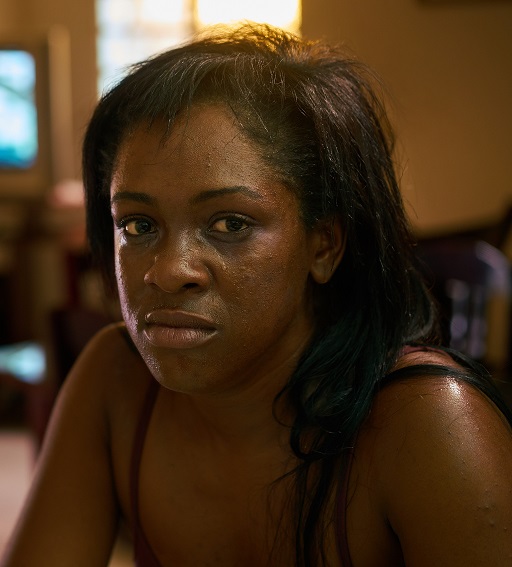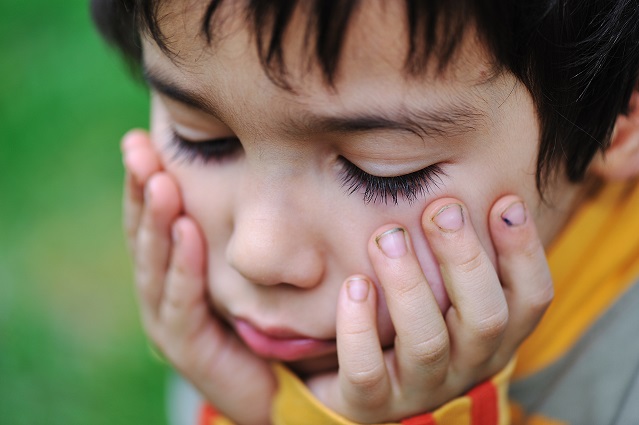It’s hard to know what goes on when children are not in your care, or under your watchful eye. Here are a few key things to look for if you even suspect there may be abuse or neglect occurring in this child’s life. Remember, if you suspect, you must report, not only is it the law, it is the right thing to do. You could be saving a child’s life.
Recognize the signs, it’s the first line of defense in a child’s life. It’s better to be wrong, than be right and you didn’t report it. Do learn the laws in your state, so you comply legally. It’s up to you to do what is morally right.



If you see-
- Unexplainable, excessive, or repeated bruises and broken bones
- Aggression
- Fear of caregiver(s)
- Fear of going home
- Be aggressive, oppositional, or defiant
- Cower or demonstrate fear of adults
- Act out, displaying aggressive or disruptive behavior
- Be destructive to self or others
- Arrives at school too early, and/or does not want to leave school—(Could indicate a possible fear of going home
- Show fearlessness or extreme risk taking
- Be described as “accident prone”
- Cheat, steal, or lie (may be related to too high expectations at home)
- Be a low achiever (to learn, children must convert aggressive energy into learning children in conflict may not be able to do so)
- Has few or no friends
- Lack of Cleanliness- If a student shows up at school in dirty clothes or with substandard personal hygiene, especially when it happens more often than not, this can be a sign of neglect at home.
- Wear clothing that covers the body, (may be hiding bruising injuries, etc.)
- Wear clothing that may be inappropriate in warmer months (be aware that this may be a cultural issue as well)
- Show regressive or less mature behavior
- Dislikes or negatively reacts to physical contact—may not tolerate physical praise such as a pat on the back)
This is not an inclusive list; however, it reflects some of the more common signs. If you do suspect, take the next step. Again, follow policy for your state, and your place of business. Next steps could include speaking with the child, asking a school nurse to step in, requesting the school psychologist to do an evaluation, etc. In more severe cases, Law Enforcement and Child Protective services must be called.

